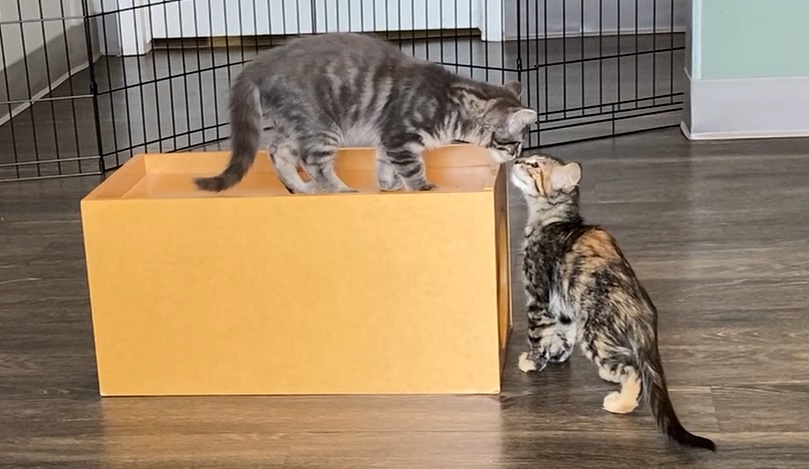
What makes A good pet cat?
We will soon be entering “kitten season” in Colorado. Although cats indoors can breed at any time of the year, the wild cat population typically mates in January and February. The kittens will be born about 2 months later, during warmer temperatures when prey is more abundant.
Many of these wild kittens will end up at the shelter; some may be adoptable.
How do I know if a cat will be a good pet cat?
Nature and nurture are parts of the puzzle that determine how a cat will behave towards people.
Nature:
- Nature is the genetic makeup of a cat
- Studies show that kittens of friendly fathers are more friendly
- There are breeds of cats known for their good dispositions
Nurture:
- Nurture: how the environment affects gene expression
- A kitten’s physical surroundings, his experiences, and diet affect his development
The science of epigenetics studies modifications to our DNA that don’t change the DNA sequence. The epigenome refers to chemical compounds that are attached to your DNA. Exposure to pollutants, what you eat and stress are some things that can result in certain compounds attaching to your DNA and turning particular genes on or off. These changes can remain as cells divide and may pass from generation to generation.
Nurture : The “Sensitive Period” in kittens
Kittens learn most efficiently when they are 2-7 weeks old. This time is called the “sensitive period”, when rapid growth of neural cells makes learning easier. The learning that happens during the “sensitive period” prepares a kitten for the social and physical environment she is born into. A cat who will be a good pet cat needs to be exposed to humans and where humans live during her “sensitive period”.
Human contact
Kittens who are handled kindly and gently by a variety of humans during the “sensitive period” quickly learn to accept people and enjoy being with them. The positively socialized kitten generalizes what he learns about individual people to people in general.
Rough, insensitive handling during the “sensitive period” can make a kitten aggressive and fearful of people for life.
Exposure to Human households
Kittens exposed to the environment in human homes during the “sensitive period” adapt quickly to electronic devices and appliances, other animals, and living indoors. For example, they learn that the noise of the vacuum cleaner, although unpleasant, is not life threatening.
Diet
Kittens are more willing to try new foods at this time, although they follow their mother’s lead (if she is there) in choosing what to eat. Good nutrition helps a kitten’s brain and body develop – malnutrition early in life has been linked to epigenetic changes.
the end of the “sensitive period”
At 7 weeks, this “golden time” of learning closes – the fear reaction becomes established in the kitten. She will become more cautious and careful from now on. Caution and wariness are crucial to her development in the wild as a solitary hunter. She will continue to learn and develop socially but will not be as open to new experiences.
socialization after the “sensitive period”
By the time the sensitive period ends, kittens have been weaned and are eating solid food. In a wild cat colony, they will continue to play with other kittens and interact with adults. The kitten will learn how hard he can bite when playing- his litter mates will bite back! This is when he will learn the body language of adult cats, how to approach other cats, and improve his hunting skills by observing other cats.
thinking of adopting a kitten?
- Think about adopting 2 – they can keep each other occupied and cats that grow up together often form strong bonds and a social group.
- If possible, adopt kittens who are at least 12 weeks of age. These kittens will have spent some time with their mothers and litter mates, learning how hard they can bite when playing. They should also recognize some basic social signals given by adult cats (important if you are bringing them into a multi-cat home).
- Above all – try to adopt kittens that were handled gently and kindly by people during their “sensitive period”. They are familiar with humans and enjoy being with them. Ask the adoption center about the kittens’ experiences when they were 2-7 weeks old!
If you opt to introduce kittens to older cats, SUPERVISE AT ALL TIMES. Make sure your older cats are vaccinated for upper respiratory diseases and feline leukemia (if they go outdoors). Gradual introduction is still recommended. A pair of kittens may still be your best bet in this situation and give you time to introduce all the cats at their own pace.
Want to keep up with the world of cats? Subscribe to The Feline Purrspective!

